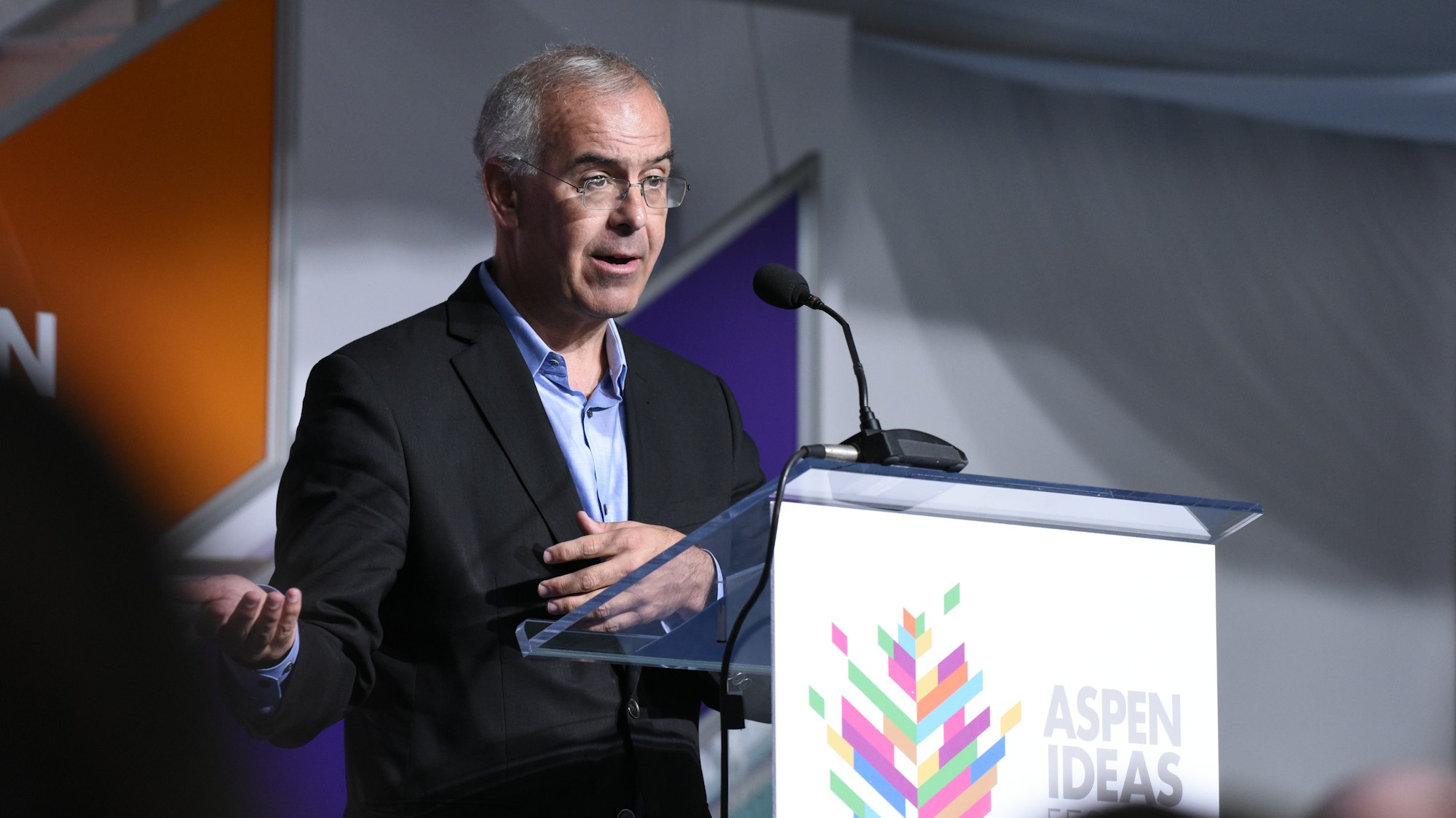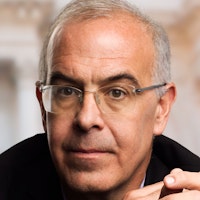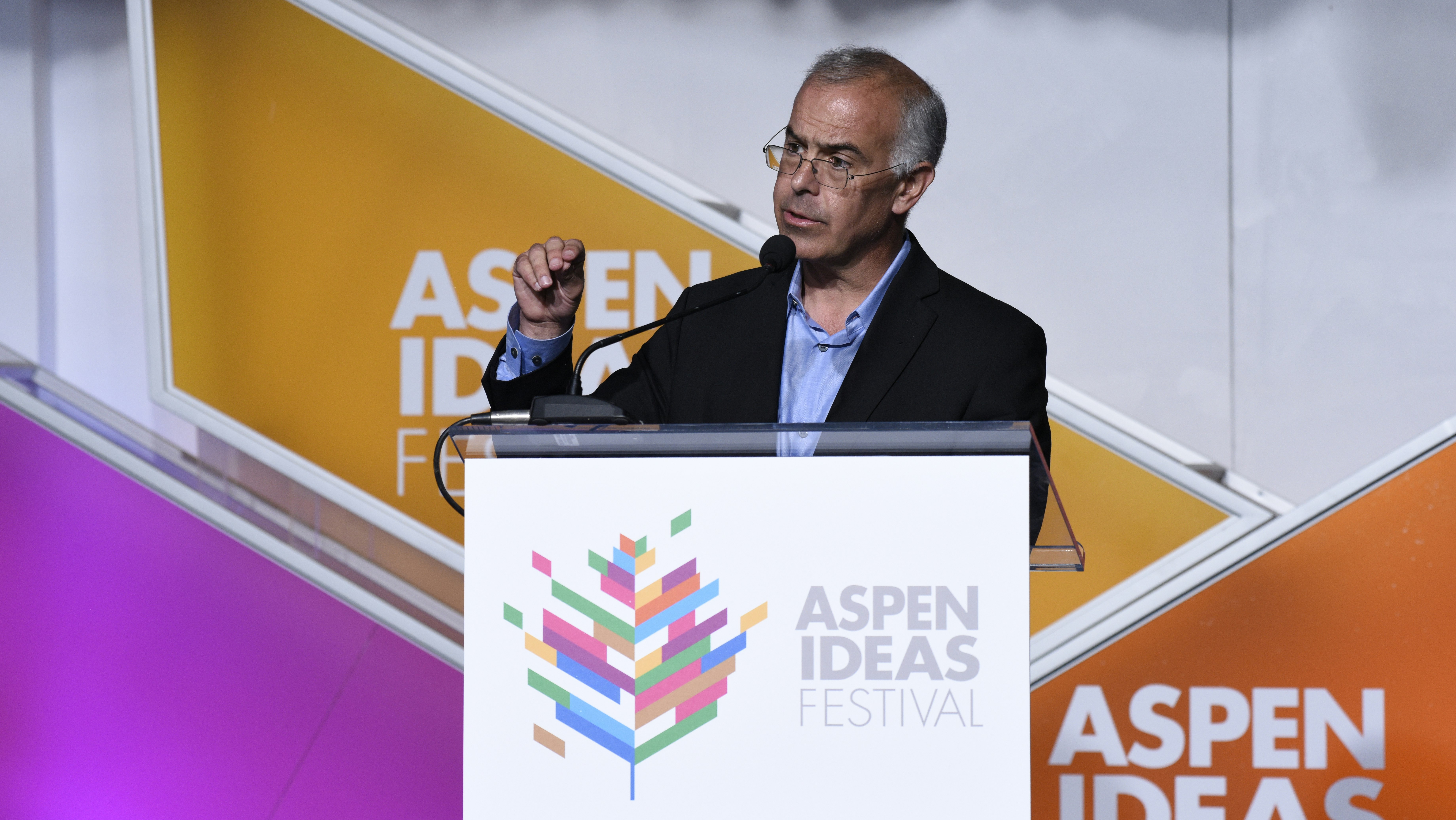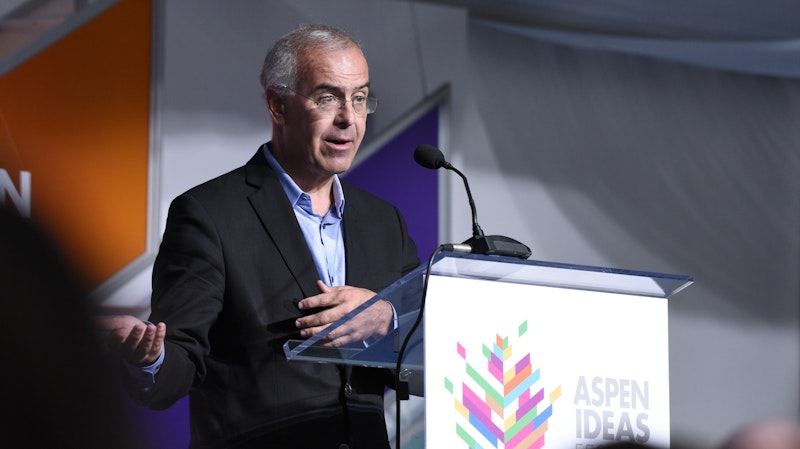
The Four Commitments: The Choices That Create Your Life
Setup
A successful life usually depends on making four major commitments: to a spouse or family, a faith or philosophy, a community, and a vocation. But how do we choose what we will commit to, and how do we execute those commitments? In later years, is it possible to launch a new booster stage with new or additional commitments? (Yes.) This will be another exploration of a life well lived.
Speakers
- 2016 Festival
The case for commitment in an era of evasiveness
The 21st century zeitgeist, according to New York Times columnist David Brooks, is not one that rewards commitments. Reasons for evasiveness may be manifold, but Brooks thinks the end result is the same: individuals and societies that are fragmented and listless. Without long-lasting commitments that weave through the fabric of your life, there’s nothing tying it all together. Whether shying away from big life decisions or ghosting a date, we are not inclined to commit to ourselves or others.
A definition for the times
2. How to make the leap of blind faith that commitments demand of you
Many of the big commitments we make in life, no matter how much planning or soul-searching goes into them, are still acts of blind faith. In the absence of cold logic to guide our decisions, David Brooks advocates for love and morality to be the foundation of our commitments:
-
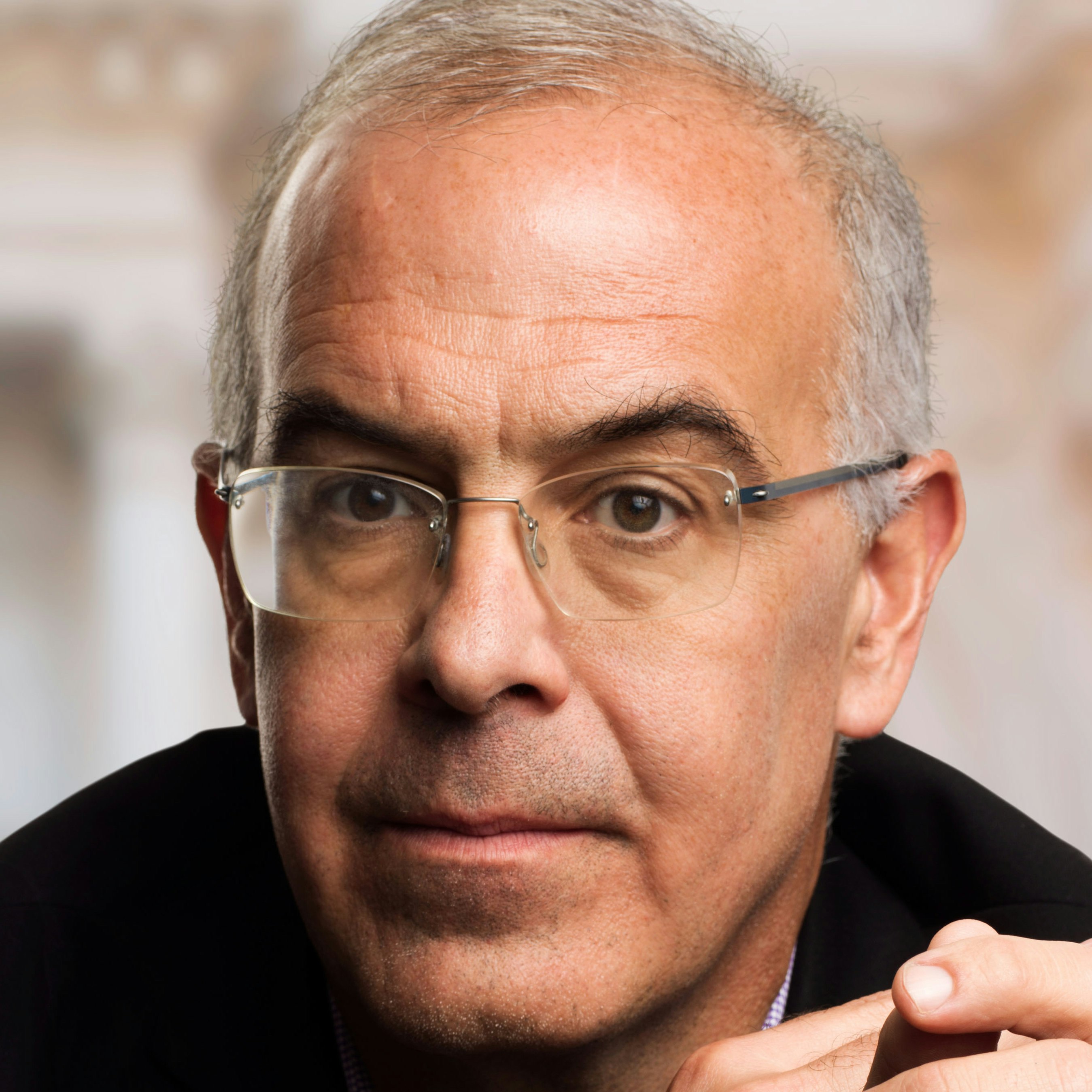
David Brooks: The first thing love does is humbles us, it reminds us we're not even in control of ourselves. You can't control your own thinking when you're in love, when you look across the crowd you think you see your beloved sitting there. The second thing love does is it plows open hard ground. It opens up the crust of our lives that we've used to cover of ourselves, exposing soft flesh below. And it makes us more liable to suffer deep pain, but also deep joy. The third thing love does is it decenters the self. You realize your riches are not in yourself, they are in another person. And the final thing it does is it leads to a sort of fusion unity between two people.
A strong inner morality allows us to set aside what may seem like the logical choice and put a higher calling at the center of our decision-making. Morality decouples ourselves from our decisions, in a way, and can be a constant throughout decades of change.
What disciplines our commitments?
If love and morality compel our commitments, what maintains them over years and decades? What strengthens our commitments when love and morality butt heads with everything outside the mind? David Brooks has some suggestions:
Explore More
Economy
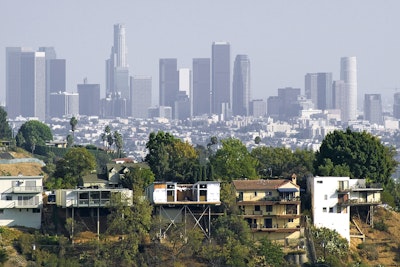
Capitalism has delivered prosperity for many, but not for all. Disparities according to gender, race, and geography have left millions behind, while rising concentrations of w...


The quest for work-life balance is never ending for many of us. The advice in this talk from the 2023 Aspen Ideas Festival still holds a lot of relevance, so we’re bringing it...


While the workforce continues to evolve in response to economic shifts and technological advancements, one thing is certain — the traditional blueprints for education and the...

Entrepreneurs view the world differently. Where others see challenges, they see opportunities. They’re a group of self-starters and strivers with the courage to take big risks...

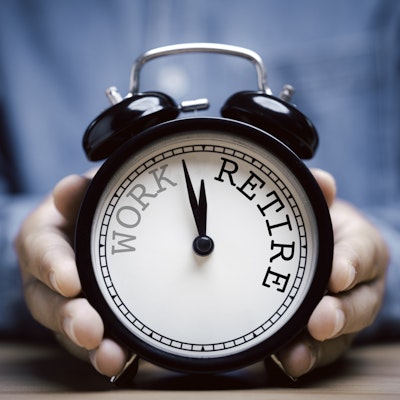
Advances in medicine and healthy living mean that more and more people will live to be 100. But just because their bodies can last doesn’t mean their bank accounts will keep u...

The United States spends $4.3 trillion—almost one fifth of the nation’s GDP—on health care. As the scale of the medical enterprise expands, venture capitalists are pursuing th...

In a time of growing wealth disparity and changing societal values, can capitalism adapt? How is the economy being transformed by investments in infrastructure, AI, energy, an...

Women are twice as likely to invest in female-led businesses. Explore the ways women approach wealth building and investment, and how they create opportunities to build financ...

In a time of growing wealth disparity and evolving societal values, can capitalism adapt to sustain the American Dream?

Join Jim Farley as he explores how drivers' needs and priorities are guiding the future of vehicle technology and reshaping our expectations of cars and trucks.

With ESG caught in the political culture wars, business executives must decide to speak up or stay quiet about climate, diversity and democracy. What do employees and citizens...


Africa is a rising giant. By 2050, one in four people on the planet will be African, and by 2060, Africa will have the largest labor force in the world. A former Nigerian pres...

Peter Thiel has made no secret of his feelings about economic and cultural issues. Hear him discuss his vision for the future, his bets on AI and digital currencies, his thoug...

Of the 1.2 billion youth aged 15 to 24 worldwide in 2019, close to half were out of school, out of work or underemployed, and this number will continue to grow. Listen as glob...

If you want to know where the economy is headed, ask an economist. If you want to know why (and more), ask a treasury secretary, an economic diplomat, a director of the Nation...

The market is at record highs. Unemployment is at record lows. And most economists will tell you the American economy is the envy of the world — but far too many working famil...

Poverty doesn’t care what color you are. Declining manufacturing jobs, income inequality and inadequate social safety nets affect all Americans. The problem of poverty demand...

With a staggering $84 trillion projected to change hands by 2045, the United States is on the brink of a historic intergenerational wealth exchange. How are our institutions p...
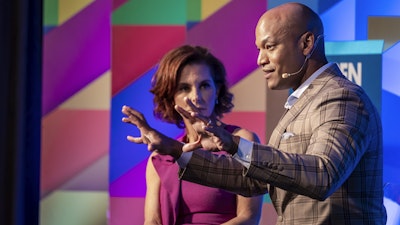
The U.S. is spending record amounts on infrastructure, with billions of federal dollars going to bridges, clean drinking water, broadband, and climate and energy. The governo...


